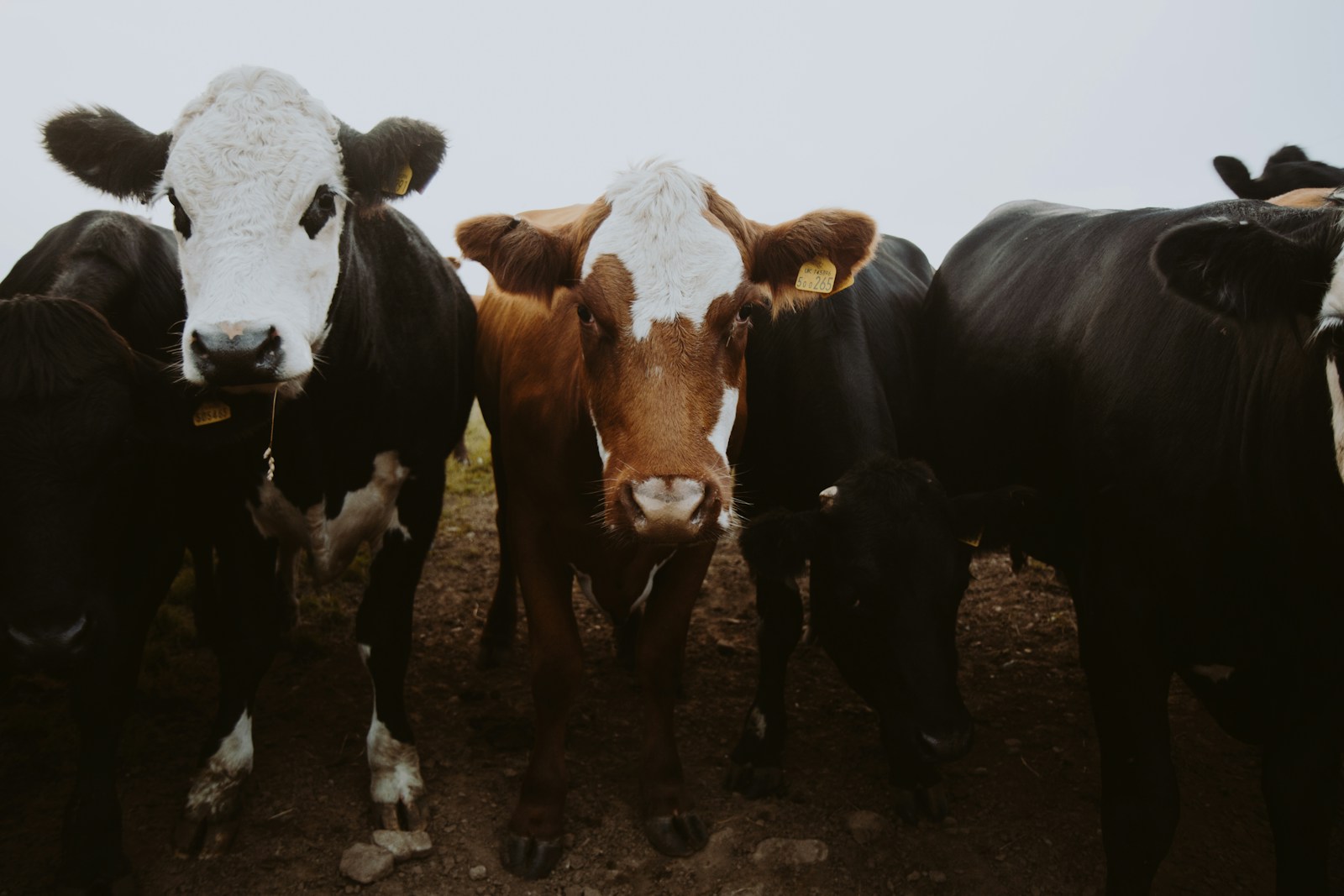Soil, water and energy saved by changing animal feeds
A collaboration between two Italian research teams has produced a new study suggesting switching what livestock eat could dramatically cut the impact of agriculture.
Published in the journal Nature Food, the analysis by Politecnico di Milano and the University of Milan points to significant environmental benefits from moving beyond energy-intensive crops, and instead looking to by-products for animal feed.
According to the results, substituting between 11 and 16% of current feedstocks such as cereal with agricultural by-products could save between 15.4 and 27.8million hectares of soil each year, between 3 and 19.6 km3 and between 74.2 and 137.8 km3 of irrigation and rainwater respectively.
Products that could be used instead of energy-intensive crops include cereal bran, sugar beet pulp, molasses, distillery residues, and citrus pulp. All are considered secondary products derived from the processing of primary feed sources. This is particularly significant, as pressure is growing dramatically on the food supply chain in terms of land use. Currently, just one-third of agricultural resources are used on the production of food of animal origin for human consumption, but this takes up three-quarters of total agricultural area, largely because of what is required to grow crops to feed livestock.
‘Not only does the use of agricultural by-products in animal diets decrease competition between sectors and pressure on resources, but it would also increase the availability of calories that can be directly earmarked for the human diet (eg cereals); if the saved resources are used for other purposes, including the production of plant foods lacking in current diets, it would improve food security in several countries, with healthier as well as more sustainable food choices,’ said Camilla Govoni, researcher at Politecnico di Milano.
‘The use of alternative ingredients in animal diets would lead to increased sustainability and reduced environmental impact not only locally, where the company raises and produces meat and animal products, but also over large distances.Indeed, a decrease in demand for feed could lead to less importation of feed with both economic and socio-environmental benefits. The production of certain feed products actually corresponds to over-pressure on water resources and deforestation, with consequent effects on the concentration of greenhouse gases in the atmosphere, loss of biodiversity and so on,’ added Maria Cristina Rulli, Professor of Hydrology and Coordinator of the Glob3ScienCE Lab at Politecnico di Milano.
More on agriculture:
Image: Antonio Groß

















